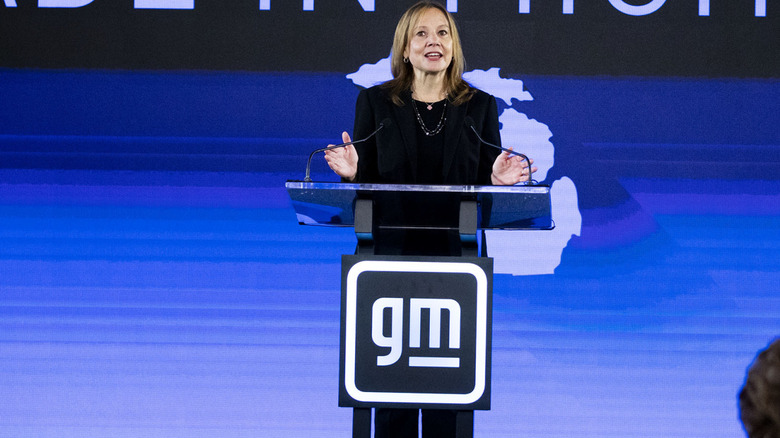Could GM's $5B Tariff Hit Make Your Next Car More Expensive? Here's What The CEO Says
The steep tariffs announced by the US government in April have started to reflect on the balance sheets of automobile players. Unsurprisingly, General Motors, the biggest name in the US market, is going to be among the worst hit. As part of its Q1 2025 earnings report, GM says it is taking a hit worth $4-5 billion due to the tariffs, which have seriously hurt some of the carmaker's core import markets in Asia.
The expected route forward for automakers reeling in the aftermath is to increase the sticker price to absorb the surging import duties. From Amazon sellers to power tool makers, major labels are following in their footsteps. GM, however, is taking a different route and has assured that the price of cars available under the GM portfolio won't be going up.
"We believe pricing is going to stay at about the same level as it is," GM chief, Mary Barra, was quoted as saying by CNN. "Pricing changes in our industry at least monthly, and sometimes more frequently. We're going to respond to the market." That's an unprecedented assurance, especially considering GM's heavy reliance on imported car parts, as well as offshore assembly in tariff-hit countries such as Canada and Mexico.
Hope for the best, brace for the worst
In its earnings report, GM highlighted factors such as global sales volume, supply chain actors, and "uncertain availability of raw materials and commodities, and instability in logistics and related costs." Those factors that can quickly upend targets and internal forecasts. Moreover, there is certainly a precedent for supply chain woes reflecting directly on the asking price of cars. Citing market research data, CNN's report mentions the example of the 2021 global semiconductor crisis, which inflated the price of new cars by 17% and used automobiles by 32% .
Despite the assurance that the price of GM's cars isn't rising immediately, there are a few finer aspects at play here. "The cut to guidance is lower than the anticipated tariff impact because GM expects to recoup some of the losses, partly through higher prices," The Wall Street Journal has reported. "It now sees vehicle prices in North America rising up to 1% on last year."
It's also worth noting that the situation for GM could have been worse, and the company only avoided it because President Donald Trump offered past-tariff relief on car parts and imported vehicles. That situation could change depending on a variety of geopolitical factors. Keeping the price unchanged is a competitive tactic, but once it eats too deeply into the profits, there is no other option left. Ford's chief recently estimated a hit worth up to $10,000 on each car, but just like GM, it is also delaying a price hike.

